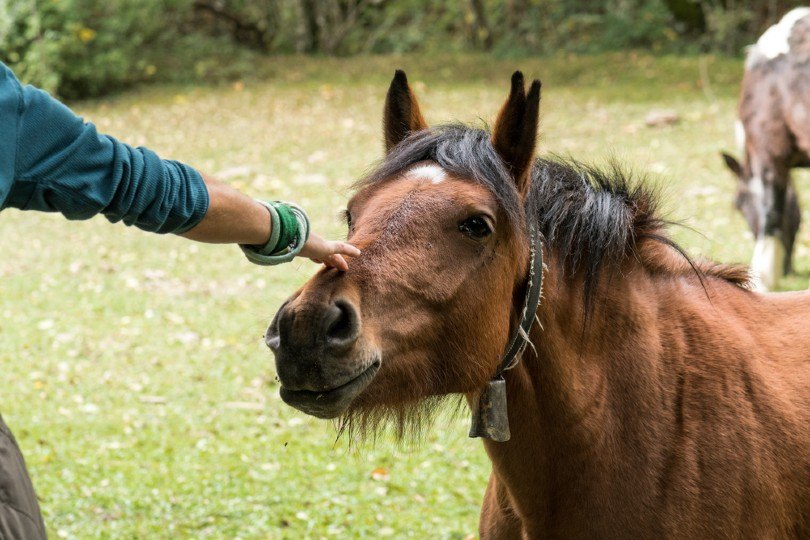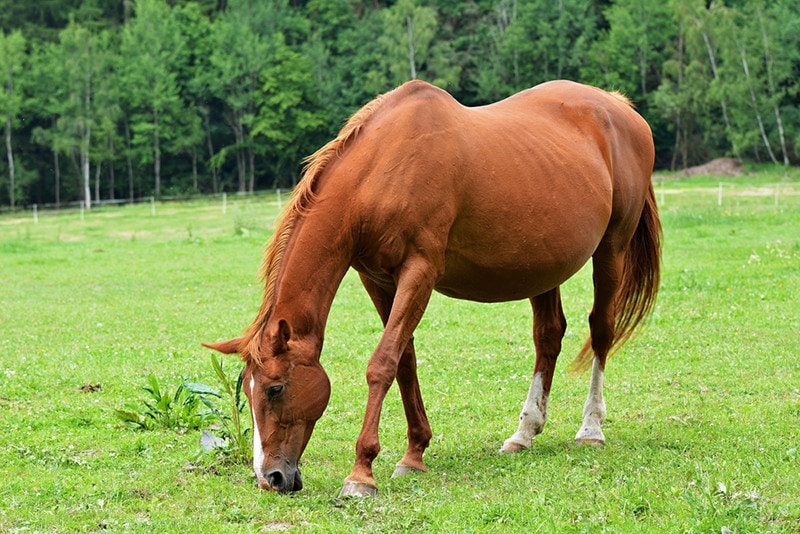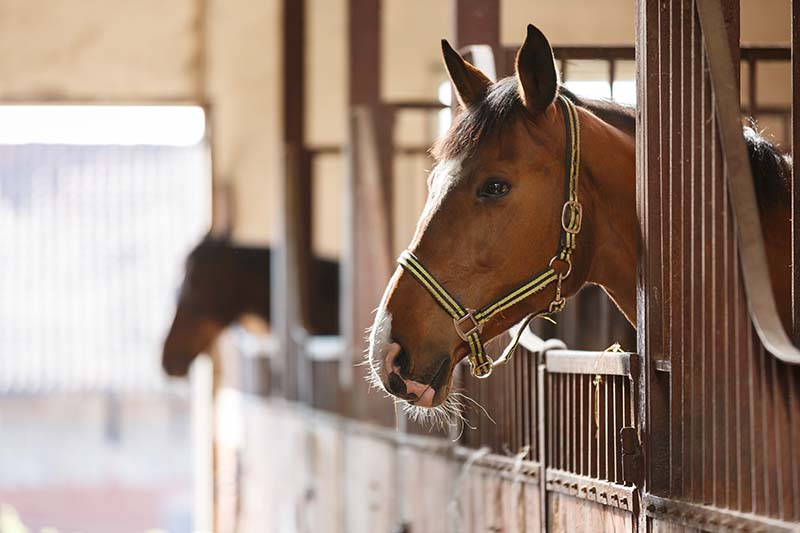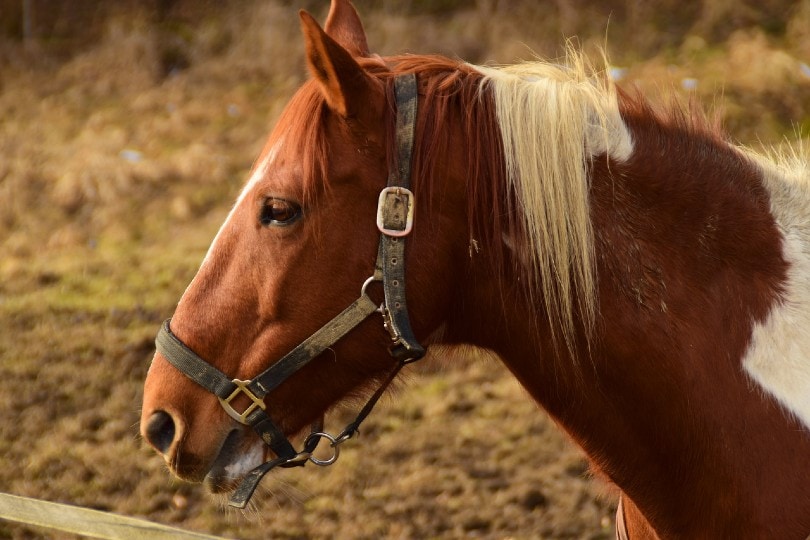
Don’t let horses’ general similarities to other animals fool you—their need for food and water is quite distinct. Horses require constant access to either of the two to stay healthy.
Although they can last up to five days without consuming anything, this should only be done in desperate situations. To keep them happy and healthy, make sure your horse has a consistent supply of both food and water on hand!
In fact, the horse would likely have developed life-threatening conditions at that point, and saving its life would take extensive veterinary care. And even this, there’s a very high probability that such care would be unsuccessful.
To learn more on this grim topic, keep reading, where we share the cold, hard facts on how long horses can go without food and water and the health risks they face if they do.
How Long Can a Horse Go Without Eating or Drinking?
Most experts agree that, in an extreme situation, a horse can last up to five days without food and water. The maximum amount of time for an average healthy horse would be about three days.
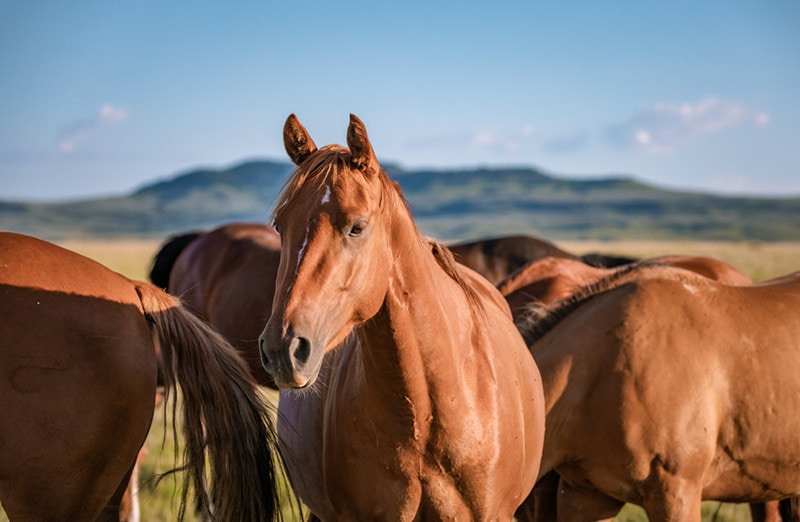
How Long Does It Take for a Horse to Become Dehydrated?
A dehydrated horse will become weak and ill before it passes away. The signs of dehydration in a horse include dry skin, sunken eyes, and the inability to sweat. These signs can start appearing as soon as three hours after exercise.
It’s essential to bear in mind that horses perspire more intensely than humans. The average horse loses 10 or more liters of water an hour through their sweat, which is why they must always have access to fresh drinking water—otherwise, dehydration can occur within a few hours, and the situation can become extremely dangerous.
What Are the Health Risks of Not Feeding or Watering a Horse?
The consequences of denying your horse access to food and water for an extended period are dire. This includes:
Such severe health conditions can quickly lead to the horse’s death. If you fear your horse hasn’t been getting enough food or water, contact a vet right away.
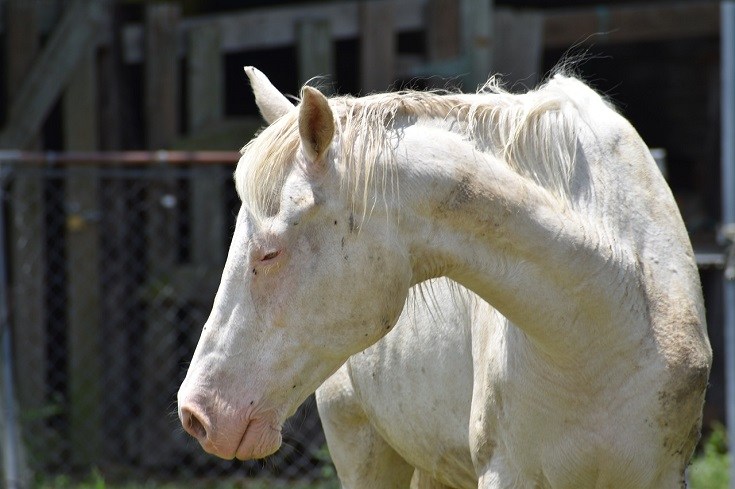
Tips to Keep Your Horse Healthy and Safe
Like any other animal, horses have specific needs, and it’s up to us as owners to ensure they are provided for. Here are a few tips to keep your horse healthy and safe:
Never deprive your horse of food and water. As we’ve seen, horses are highly susceptible to dehydration and suffer serious health risks when denied access to enough food and water. Keep your horse healthy, safe, and well-cared for by providing them with the basics they need.
Can You Leave a Horse Alone for a Week?
To guarantee your horse’s optimal health, it is recommended to check on them regularly and not leave them alone for more than 10 hours. Though they may have access to an automated water system, keeping track of their well-being should still be a priority.
Horses are highly social animals and need regular interaction with other horses or humans to remain healthy. More than that, though, they need routine monitoring and care to ensure that they are eating and drinking properly.
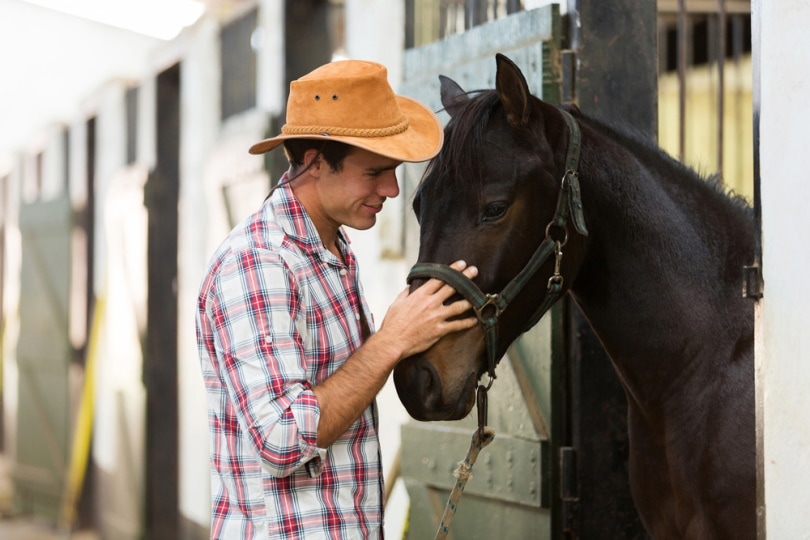
Bottom Line
Refraining from providing food and water to your horse is a hazardous choice that should never be made. In extreme situations, horses are able to survive for up to five days without nourishment or hydration; however, this practice presents several health risks that you must do everything in your power to avoid.
To guarantee the well-being of your pet, ensure they have access to wholesome feed and fresh water every day. Monitor them diligently for any signs of illness or dehydration. Furthermore, don’t leave them alone for more than 10 hours at a stretch if possible.
With proper care and attention given regularly, your four-legged friend will experience a joyful, healthy life.
Featured Image Credit: D. Hillert, Pixabay




